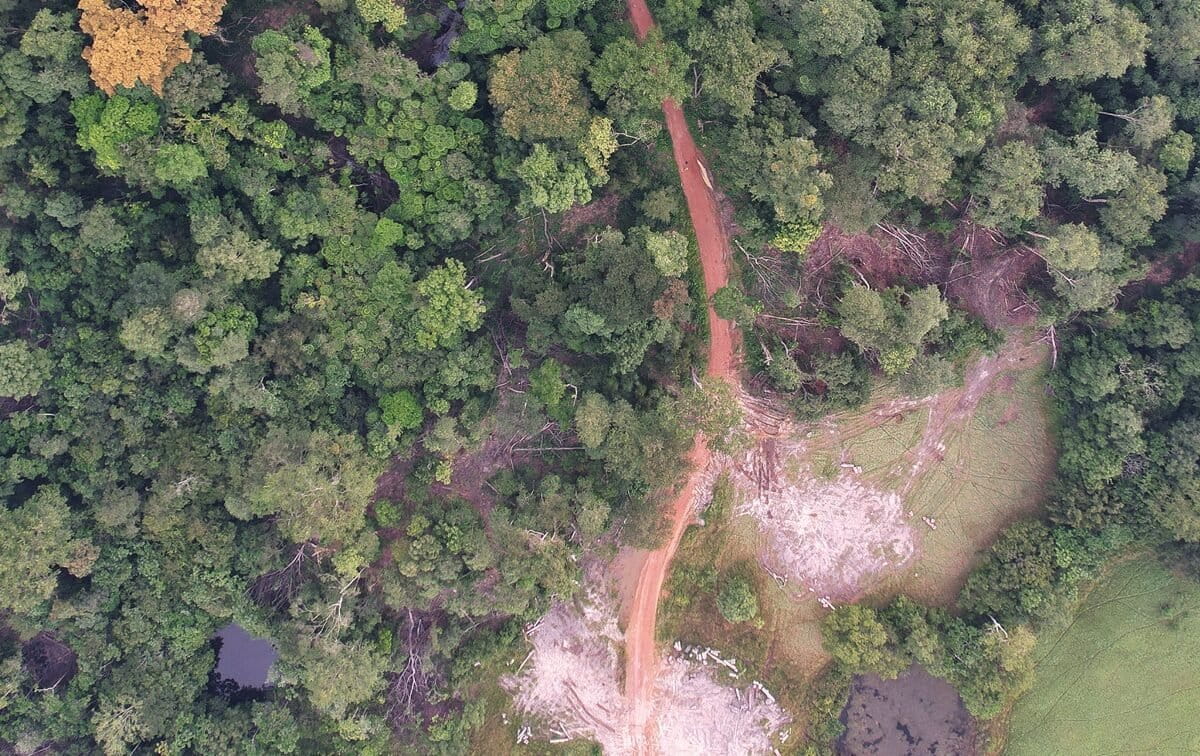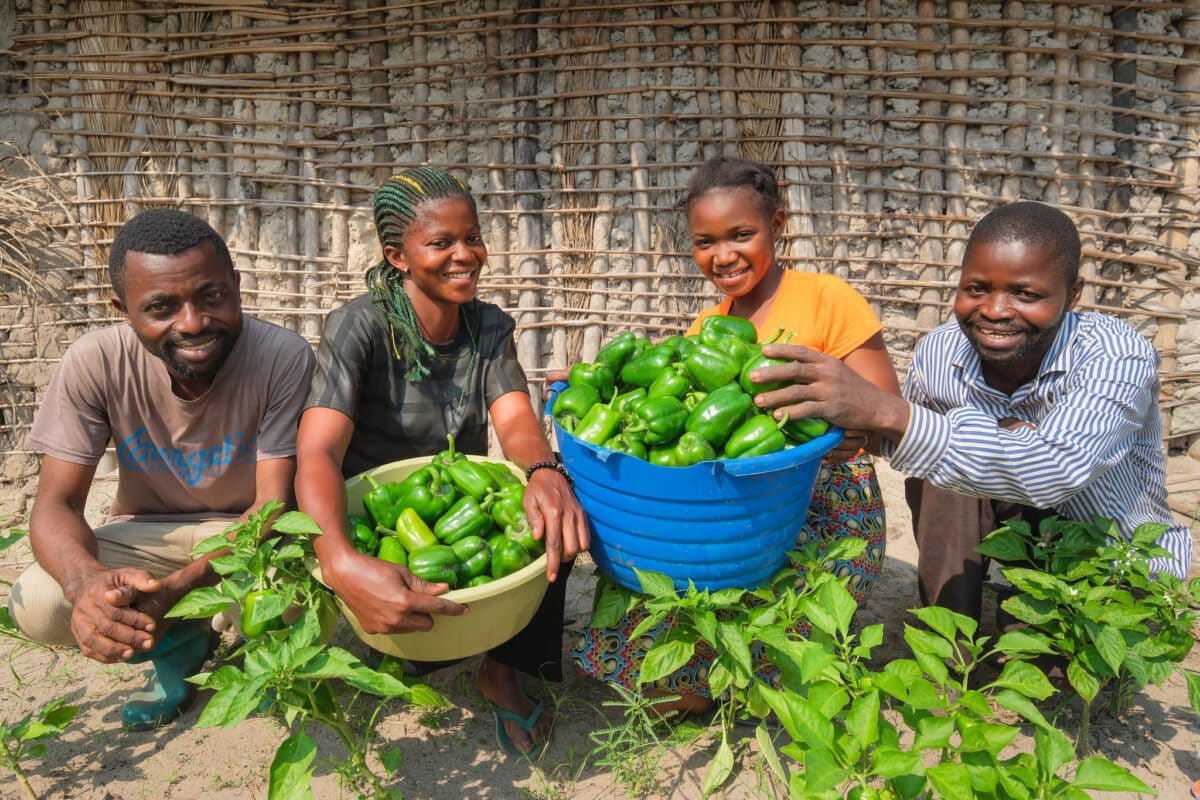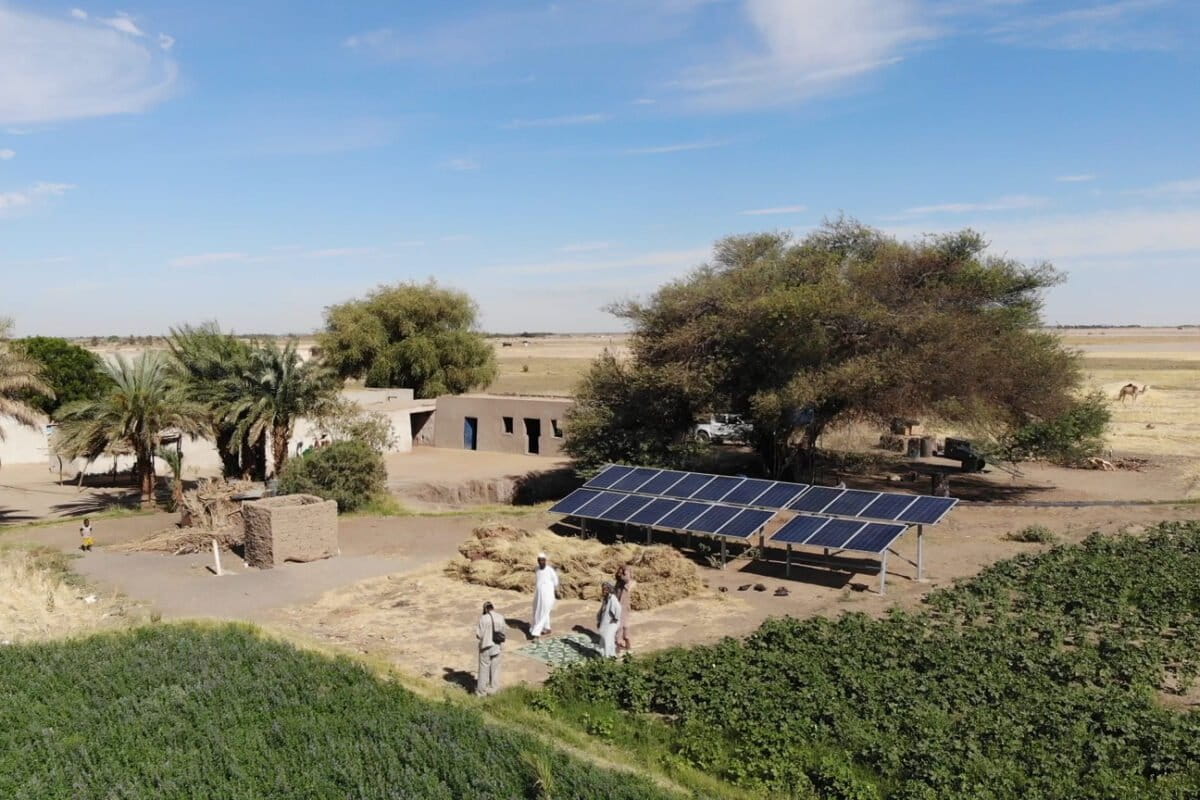Will carbon credits-for-forests scheme be undermined by carbon negative bioenergy?
Will carbon credits-for-forests scheme be undermined by carbon negative bioenergy?
mongabay.com
December 18, 2007
The Indonesian government has signed an agreement with energy giant Total E&P Indonesia on a carbon capture and storage scheme that could eventually lead to the development of carbon negative bioenergy production in the southeast Asian country, reports Biopact. The deal raises fears that feedstock for production could lead to large-scale deforestation of the country’s remaining forests and undermine efforts to push forest conservation-for-carbon credits (or REDD) initiatives.
According to Biopact, the Memorandum of Understanding will allow Indonesia’s Agency of Research and Development for Energy and Mineral Resources to access important data from Total’s pilot carbon capture and storage project which is being implemented near Lacq in southwestern France.
Biopact notes the deal could hurt the Reducing Emissions From Deforestation and Degradation (REDD) market before it even gets off the ground. An agreement on REDD was signed last weekend at the U.N. climate meeting in Bali.
 Forest clearing on the Burnei-Sarawak border. Courtesy of Google Earth |
“CCS techniques can be coupled to biofuels and bioenergy production, to yield ‘negative emissions’ energy,” explained Biopact. “[But] the scheme could limit the feasibility of initiatives aimed at ‘reducing emissions from deforestation in developing countries’ (REDD), because such ‘bio-energy with carbon storage’ (BECS) schemes would sequester far more CO2 than a standing forest.”
While noting that carbon credits from BECS is still theoretical, Biopact continues: “In this particular case, Indonesia could decide to produce large amounts of biohydrogen, biogas, synthetic natural gas from biomass, or bio-electricity from locally grown energy crops, sequester part or all of the CO2 in geological formations such as depleted oil and gas fields, sell the energy and bank in on the carbon credits.”
“Renewables, bioenergy without CCS and nuclear power are called ‘carbon neutral’ because they add negligible amounts of CO2 to the atmosphere. But only biomass based systems coupled to CCS can generate ‘negative emissions’ and allow us to take CO2 out of the atmosphere. Scientists have calculated that if BECS systems were to replace coal on a large (‘geoengineering’) scale, atmospheric CO2 levels could be brought back to pre-industrial levels by mid-century. In short, bioenergy with CCS is the most radical tool in the fight against climate change.”
Related
A proposed mechanism for generating carbon-negative bioenergy — an energy source that reduces atmospheric carbon dioxide levels — could drive large-scale deforestation in the tropics and undermine efforts to conserve forests for carbon offsets says a biofuel expert. Laurens Rademakers, a natural resource management consultant and co-founder of bioenergy research group Biopact, says that the emerging concept of coupling bioenergy production with carbon capture and storage could trigger conversion of natural forests for energy crop feedstock plantations. These plantations would not only produce income from energy production but would generate carbon credits for sequestering atmospheric carbon dioxide.














